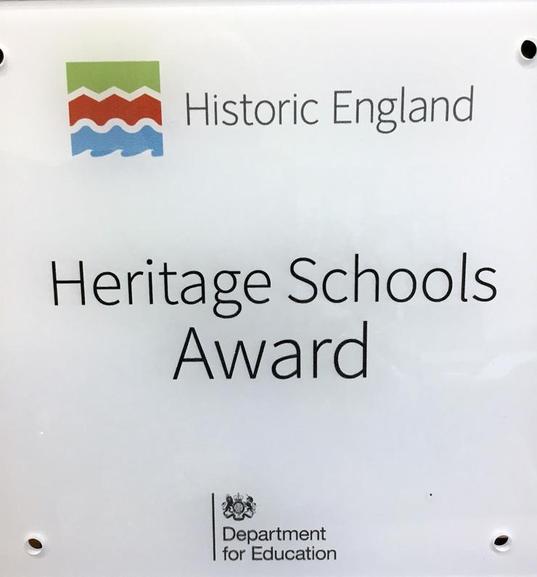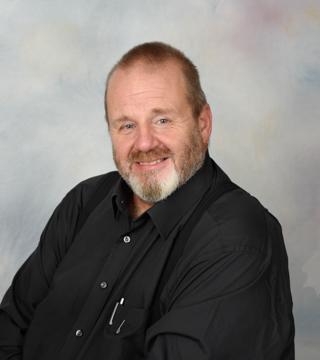
Historic England Award
We are extremely privileged to be part of Historic England and hold proudly our Historic England Award. This means that Hadrian Park has been recognised as helping our students to understand, enjoy and value our historic environment, and to protect it for the future.
History at Hadrian Park
At Hadrian Park Primary School, we are committed to providing all children with learning opportunities to engage in history. We believe history fires the children’s curiosity about the past in Britain and the wider world and plays an essential part in preparing us for living and working in a contemporary place. At Hadrian Park, pupils consider how the past influences the present, what past societies were like, how these societies organised their politics, and what beliefs and cultures influenced people’s actions. As they do this, children develop a chronological framework for their knowledge of significant events and people. They see the diversity of human experience, and understand more about themselves as individuals and members of society. What they learn can influence their decisions about personal choices, attitudes and values. In history, children find evidence, weigh it up and reach their own conclusions. To do this they need to be able to research, sift through evidence, and argue for their point of view – skills that are prized in adult life.
As a school, our principal aim is to develop the children’s knowledge, skills and understanding in history and we use a variety of teaching and learning styles in our history lessons in order to achieve this. We believe in whole-class teaching methods and combine these with enquiry-based research activities from EYFS up to Year six.
We believe children learn best when:
· They have access to, and are able to, handle artefacts.
· They go on visits to museums and places of interest/local areas.
· They have access to secondary sources such as books and photographs.
· Visitors talk about personal experiences of the past.
· They listen to and interact with stories from the past.
· They undertake fieldwork by interviewing family and older friends about changes in their own and other people’s lives.
· They use drama and dance to act out historical events.
· They are shown, or use independently, resources from the internet and videos.
· They are able to use non-fiction books for research.
· They are provided with opportunities to work independently or collaboratively, to ask as well as answer historical questions.
· They immerse themselves in our termly, whole school, ‘Historical Day’s’ which focus on a range of Significant people. These days focus on celebrating achievements and understanding the impact they have had on our lives today.
History Whole School Progression Doc


Mr H Corlett- Governor History Subject Lead
